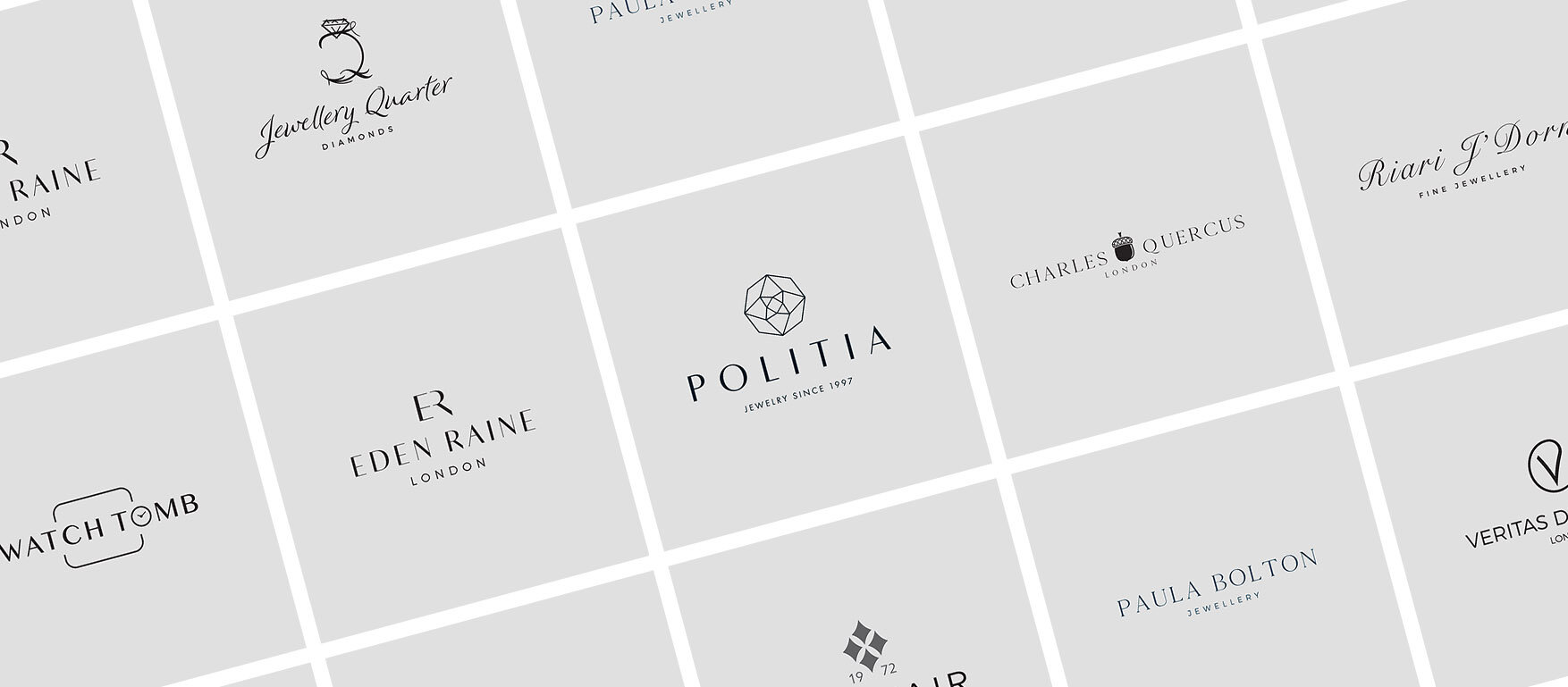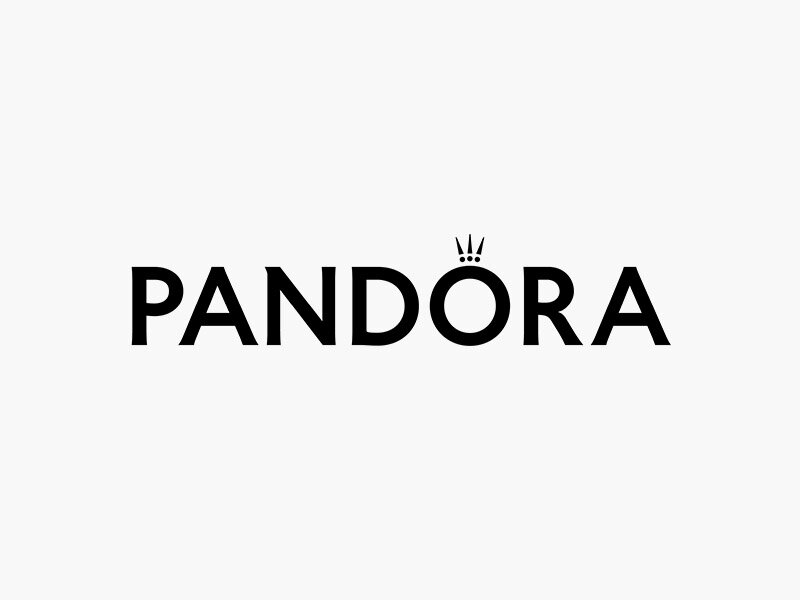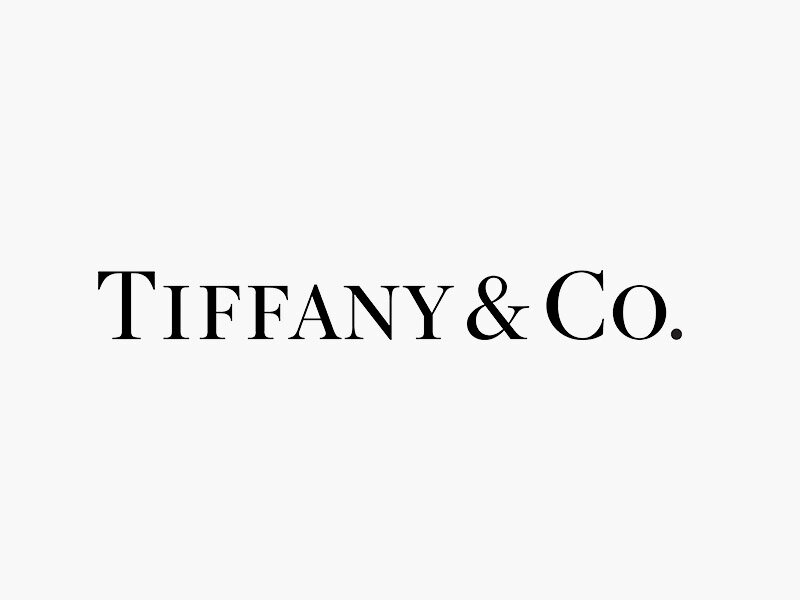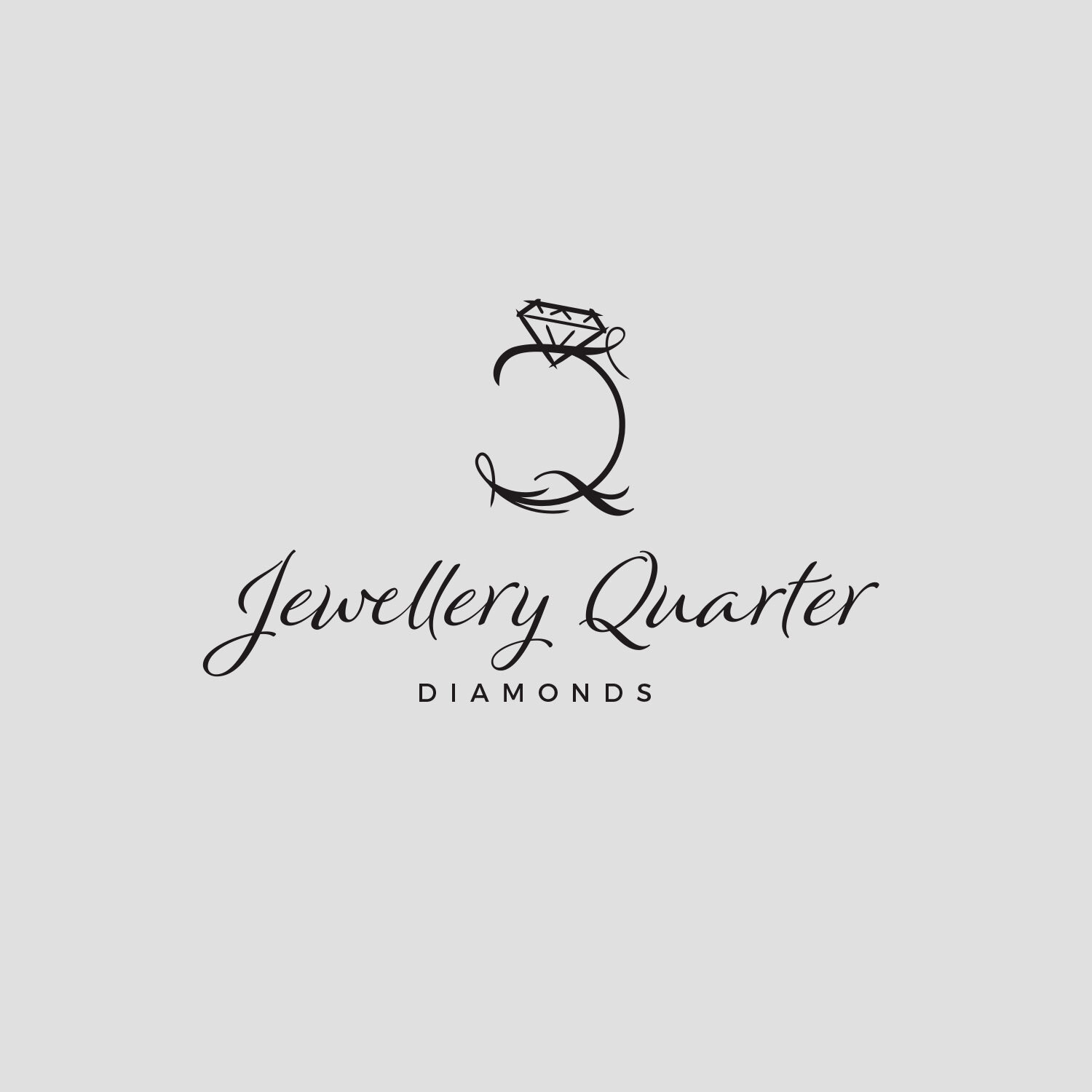When you think of the brand 'Coca Cola', what is the first thing that comes to mind? The logo? An advertisement? It may be the festive red trucks of 'Holidays Are Coming'. Perhaps the group of hilltop singers in the 1971 hit, 'I'd Like To Buy The World A Coke.' More recently, 'Open That Coca-Cola', featuring music by Tyler, The Creator. When your customers view your brand, what do they see?
It is more than just a logo
Branding is the process of building a set of principles, not just designing a logo. It will communicate your brand message and values in a memorable, meaningful, and likable way. Branding and logo design work hand-in-hand to help people identify products and services from within your company. It establishes an identity that shines over your competitors and sparks a connection with the audience. This gives customers a reason to choose your products and services over your competition’s.
To illustrate the importance of branding, think of the vibrancy associated with Pandora’s brand colours, the sophistication and class associated with Cartier, and their products, along with the quality and craftsmanship that Tiffany are well known for.
Why is Branding Important for Your Company?
Branding is important for your company because it shapes how the public perceives your name, products, and marketing campaigns. This distinguishes you from other companies, clarifying why you are a good choice.
In today's market, it is difficult to stand out. Brands are accessible by every form of technology, social media, websites, and online shops. Your customers are not limited to local shops, they have instant access to a global market, making competition fierce. So why would the public choose your product over another? Perhaps at a lower cost? That's where branding comes in. When people buy a product, they are buying into the values and the lifestyle that the company represents.
If your brand excites and benefits your customers, you will gain their trust and loyalty. They will know what to expect every time that they buy from or interact with you. So if your branding is exciting and memorable, it will stand out to the public and set you apart from your competition.
People love sharing bad experiences and stories of inadequate customer service. On average, 5-7 brand impressions are necessary before someone will remember you. Therefore, company touchpoints are extremely important to leave a lasting impression and to stand out. These can include Print Media, Advertising, Customer Reviews, Products, and Referrals.
Branding Tells Your Story In An Instant
People are tired of being talked at and sold to. They crave something more, something they can form a genuine connection with. A way you can stimulate this genuine connection with customers is by storytelling. Humanising your brand through a story will cultivate this connection. It will communicate:
Who you are
What you do
How you help people
Your story should be meaningful, personal, emotional, simple, and authentic. Authenticity will make your brand stand out, and will help you to stake your place in the market.
After all, storytelling triggers a biological response. When you are invested in a gripping, compelling story, your brain physically responds to it. So the better your narrative is, the more you will connect with your customers. In fact, a character-driven story often drives higher value sales from individuals. Whether it is because they relate to the story, or feel empathetic, they connect with your brand on a deeper level.
Storytelling within jewellery brands
An example of a Jewellery Company using the storytelling technique is H.Samuel. It is a surprise to many people that the person responsible for creating such a successful brand was a woman; Harriet Samuel. Her story began in 1862, defying the conventions and stereotypes of her time, being a successful businesswoman. This compelling, powerful story continued to inspire, as the shop showed 'resilience in difficult times’. Although some shops were destroyed during the war, H.Samuel continued to provide jewellery and watches.
Now, H.Samuel has been a much-loved jeweller for over 150 years. It continues as a family business, the staff being passionate and dedicated about their products and services.
This is an exceptional example of how an inspirational story can benefit your brand, and build a genuine connection with your customers.
Unfortunately, many brands are trapped in a 'quantity over quality’ mindset, preferring larger product collections with limited information over smaller, more meaningful product sets. The quality of your branding is just as important as the quantity and quality of your products. So, use a compelling, gripping, meaningful story to build your brand.
How Does Branding Build An Emotional Connection?
Branding builds an emotional connection. It will establish trust and give your customers a sense of comfort and order. This will give them the peace of mind that they are in capable hands. Therefore, they are more likely to buy from you in the future. How do you build this emotional connection?
Have an amazing, memorable and thoughtful customer experience. This establishes trust, as your customer knows what to expect each time they interact with your brand. 48% of customers expect brands to know them and to discover new products and services that fit their needs.
The customer must know, like and trust your brand to build an emotional connection with it. A way to maintain trust is to keep your promises! Go above and beyond to do this, if you don't disappoint your customers, they are likely to trust you.
Be creative in building an emotional connection. If your brand is vibrant and colourful, it will connect with their senses. Colour increases brand recognition by up to 80%. For example, Tiffany has monopolised a shade of blue. They use it on promotional materials such as boxes and bags. The 'Tiffany Blue' has been recognised as a colour trademark since 1998. Not only is the colour distinctive, but it has a backstory, and therefore gives the buyers an emotional connection.
Sharing values with customers also builds an emotional connection. If the brand stands for something important to the customer, they will connect with its values. They will admire the brand, as what it stands for consistently interacts with them. This reinforces the importance of humanising your brand so that your customers are more likely to emotionally connect with what you stand for.
How Branding Defines The 'You' In Your Business
Branding can define the 'you' in your business. Having answers to the questions, 'Who are you?' and 'What do you do?' are key. It gives you purpose and direction, as well as giving your customers confidence in your brand. Asking yourself the question, 'Who do you do it for?', makes you think about the people you want to help. You can also show you care about how your products and services will improve the lives of your customers. You do this by considering why you do it and how you do it.
It is important that your customers are aware of what the future of your company looks like. When people know that you are invested in their future, they are invested in your brand. They are more likely to build a long-term relationship with the brand and will continue to use it. You need to:
Educate
Entertain
Inspire
How can you do this? You can simply show people what your ideas are! Showcase unique features that make your products and services particularly useful and effective. This will make your brand distinctive. It will also give you the opportunity to show the public why they should buy your products over a competitor’s. This will show them the benefits that your products and services will have on their life.
Branding Builds Confidence
To know how your customers view your brand and values the same way that you do is vital. This is because it builds brand confidence.
People can sense a lack of confidence; if you aren't confident that you can deliver, customers will lose trust. If you lack confidence in yourself, you will have difficulty branding yourself and being consistent. It is clear that brand confidence is crucial.
How do you build brand confidence?
Look at your brand as an investment, focus on what you can deliver and how it benefits your customers. Tell your story. Cultivate an emotional connection with the public. Keep your brand simple, focus on quality over quantity. Keep evolving and continue to communicate through your values in messages and visuals. Constantly keep your customers in mind. Apply these points continually and keep your brand confidence consistent.
Great Branding Gives You Purpose
In the 2017 Earned Brand Study, these points were made:
50% of consumers worldwide consider themselves to be belief-driven buyers.
67% of consumers bought a brand for the first time because they agreed with its position on a controversial topic.
These points highlight the importance of brand purpose, which is a brand's reason for being beyond making money. This study showed that a powerful brand purpose can set a company apart from the crowd, limiting competition.
Thinking long-term is key. Your brand purpose can't just be a one-off marketing technique.
Purpose within jewellery brands
Take, for example, Cartier. Cartier has held onto their classic appeal, their products continually displaying class, sophistication, and lavishness. They have managed to maintain a positive, high-quality reputation by always remaining true to their values. Therefore, customers know what to expect from them. Even though Cartier is a traditional, Parisian brand, they adopt modern techniques to remain current and appealing. They have remained true to their brand purpose and have kept to a high standard.
Having a brand purpose delivers results
Having a unique brand purpose can differentiate your brand from competitors, and customers will be intrigued by this. Having an intriguing brand purpose will help with building a more emotional relationship between a brand and its consumer. This boosts sales as well as loyalty. Your brand purpose will add value to the lives of those who interact with your company, values, products, and services.
Great Banding Gives You Direction
All companies have targets to meet, goals to reach, and objectives to follow. To ensure that these are carried out, they have a brand direction. A brand direction defines your brand's distinction and position in the marketplace. As well as its promises, values, and strategic insight.
Having a logical brand direction will give you and your customers an insight into what your company's future looks like. It will show that you are a responsible, trustworthy brand with a purpose and a direction.
Having a brand direction leads to unexpected, positive outcomes, leading to new directions! Not only will you have reached your set goal, but you will come across many unexpected, positive outcomes along the way. These new directions yield benefits such as improved image, increased customer trust, and a boost in employee morale and sales.
So having a brand direction is essential. After all, would you climb a mountain without ever looking at a map or planning your route beforehand? It is very unlikely. Similarly, having a brand direction and planning it responsibly will improve brand confidence. This means that you will avoid getting lost or having a multitude of problems along the way.
Great Branding Delivers Results
Remember, a brand does not necessarily exist within a company or organisation, but exists in the mind of the public. So keep in mind the importance of branding within a company, and how it benefits them. It tells your story and defines the 'You' in your business. As well as building an emotional connection, which builds trust and confidence between the customer and company. Great branding will give a company purpose and direction, delivering results that benefit the company, sales, employee morale and customer loyalty.
Branding For Jewellers
Lionsorbet creates eye-catching and memorable logo designs for Luxury brands, Jewellery retailers, Fashion and Lifestyle companies around the world.
Need help with your Jewellery Branding?
Tell us about your project below




















